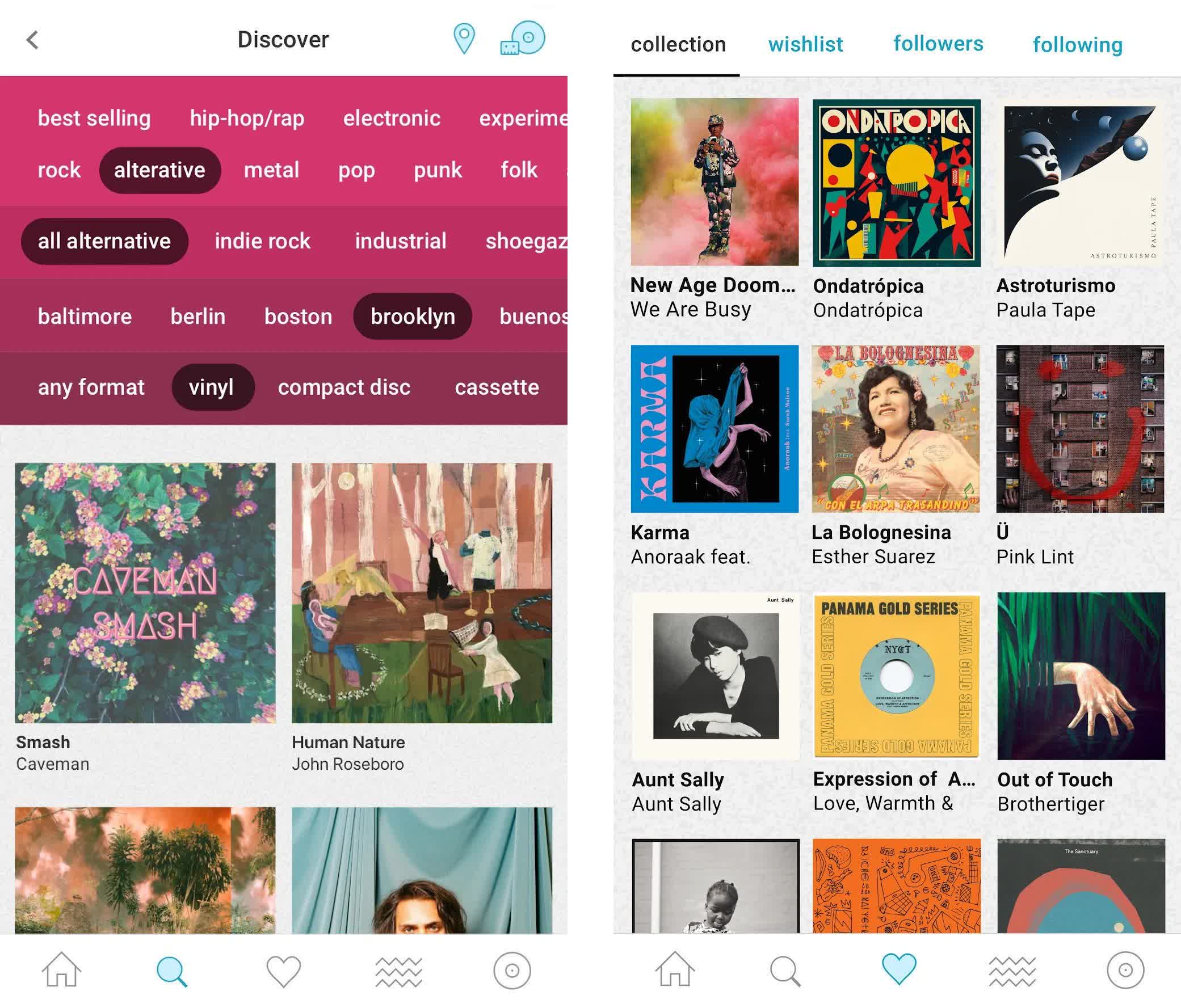Why it’s important: Less than two months after the takeover of the music service Bandcamp, Epic Games seems to be coming to its defense. However, this case fits perfectly with Epic’s battles with mobile platform holders. Does it simply use Bandcamp in its crusade, or did their interests just collapse?
This week, Epic Games and its recent acquisition Bandcamp have come out against Google’s upcoming policy changes, which will force the music app to process digital payments exclusively through Google’s payment system. Bandcamps co-founder and CEO Ethan Diamond said this is incompatible with the original purpose of the music service. Epic, which entered into an agreement to buy Bandcamp in early March, filed a lawsuit in a California court with the same position.
Currently, Bandcamp processes digital music purchases on its Android app through its existing payment system, which lets it pass on 82 percent of sales revenue to artists. During some promotions, it gives all sales revenue to artists, which is why the service is popular among indie musicians.

Apple users can only listen to music, purchase it on physical media, or purchase merchandise. Bandcamp’s iOS app does not process digital purchases at all because Apple’s required revenue cut makes it impossible for the company to be so generous. The Android app may end up this way unless Epic or the legal system can compromise.
Until now, Google’s payment system has not been mandatory for the purchase of digital music in Play Store apps, but that exception ends on June 1st. Afterwards, Google will take 10 percent of the Bandcamp app’s digital purchase revenue. Epic and Bandcamp said this would either force the latter to pass on the extra cost to consumers (taking the clip from artists is a non-starter for them), removing the Bandcamp app or operating it without digital purchases like the iOS app.

Epic’s lawsuit describes Google’s policies as monopolistic and even illegal. It reflects the language Epic used in its legal battle against Apple over the right to operate the mobile version of Fortnite without using Apple’s payment system.
Despite Epic mostly losing that battle, governments around the world are beginning to legislate against forcing apps to use platform owners’ payment systems. Late last month, Dutch regulators ordered Apple to allow local dating apps to use third-party payment processors. Last August, South Korea passed a law banning Google and Apple from forcing their payment systems into apps. Such rules may conflict with Google’s forthcoming policy change.
